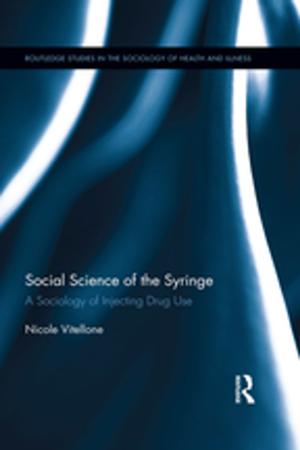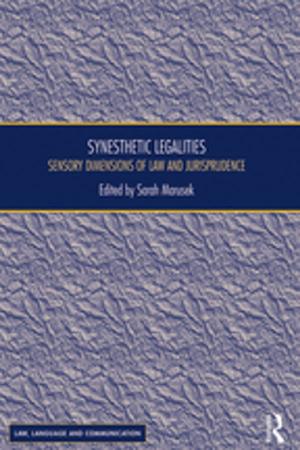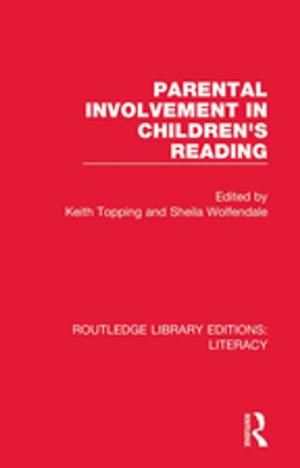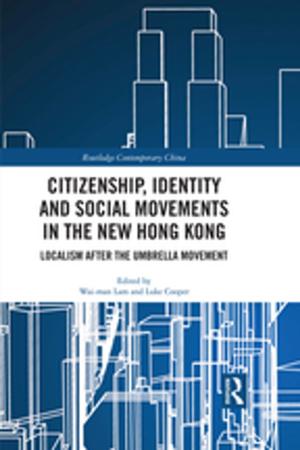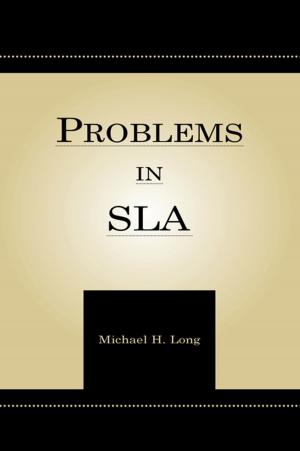Student Power in Africa's Higher Education
A Case of Makerere University
Nonfiction, History, Africa, Social & Cultural Studies, Political Science, Social Science| Author: | Frederick K. Byaruhanga | ISBN: | 9781135514556 |
| Publisher: | Taylor and Francis | Publication: | October 8, 2013 |
| Imprint: | Routledge | Language: | English |
| Author: | Frederick K. Byaruhanga |
| ISBN: | 9781135514556 |
| Publisher: | Taylor and Francis |
| Publication: | October 8, 2013 |
| Imprint: | Routledge |
| Language: | English |
This book, the first of its kind to treat Uganda, provides a historical analysis of the role of student voices in the development of Uganda's higher education. It not only chronicles incidents of student protests, but also explores and analyses their trigger points as well as the strategies employed by the university, the government, and the students to manage or resolve those crises. In addition, the book highlights the role played by national politics in shaping student political consciousness, in particular their involvement in protests, riots and demonstrations. The book, therefore, limits its scope to the unfolding and impact of student crisis on the process of higher education. Byaruhanga recommends that colleges and universities need to increase communication with students, as well as promote student involvement in decision and policy making, among other things, in order to forestall future conflicts. Most distinctively, the book aims to address the current paucity of research on student activism in Uganda's higher education, and highlights the critical need for research on higher education in Africa as a field of study. The book also may serve as a base for cross-national comparative analysis.
This book, the first of its kind to treat Uganda, provides a historical analysis of the role of student voices in the development of Uganda's higher education. It not only chronicles incidents of student protests, but also explores and analyses their trigger points as well as the strategies employed by the university, the government, and the students to manage or resolve those crises. In addition, the book highlights the role played by national politics in shaping student political consciousness, in particular their involvement in protests, riots and demonstrations. The book, therefore, limits its scope to the unfolding and impact of student crisis on the process of higher education. Byaruhanga recommends that colleges and universities need to increase communication with students, as well as promote student involvement in decision and policy making, among other things, in order to forestall future conflicts. Most distinctively, the book aims to address the current paucity of research on student activism in Uganda's higher education, and highlights the critical need for research on higher education in Africa as a field of study. The book also may serve as a base for cross-national comparative analysis.



